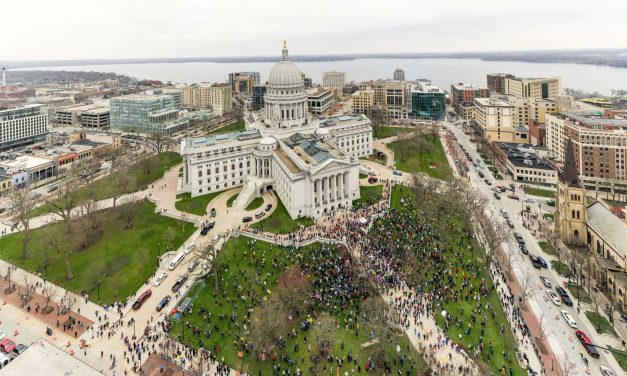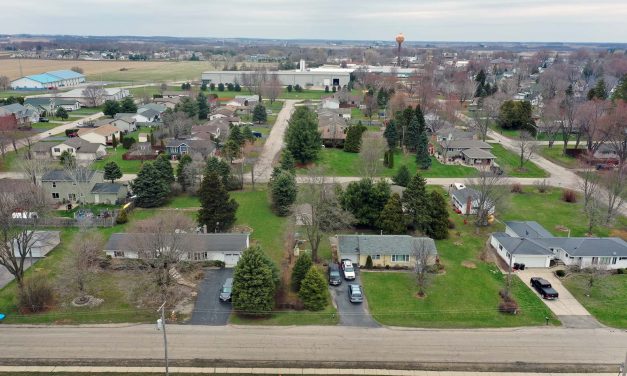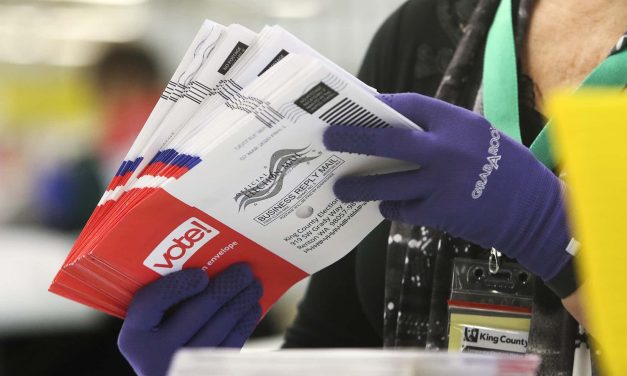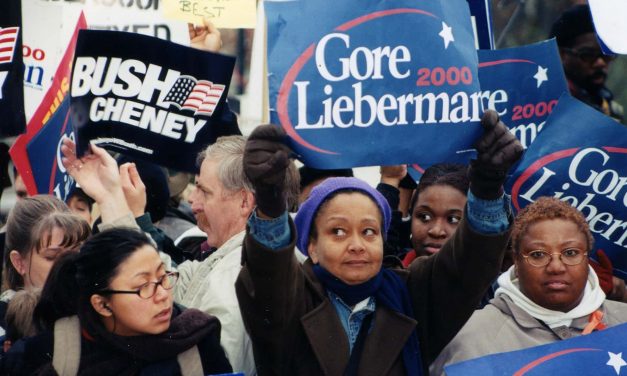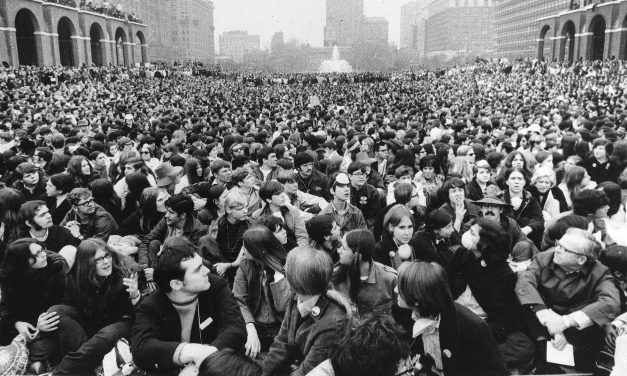A Viral Ideology: “Reopen” protest movement created by Tea Party tactics and boosted by racism
By Marc Ambinder, Executive Fellow in Digital Security, University of Southern California, Annenberg School for Communication and Journalism Many Americans have been under strict stay-at-home orders, or at least advisories, for more than a month. People are frustrated and depressed, but have complied with what they have been asked to endure because they trust that state and local public health officials are telling the truth about the coronavirus pandemic. There has been passionate – and honest – argument about how many people are likely to get sick and die under different circumstances and sets of official rules. It is...
Read More
